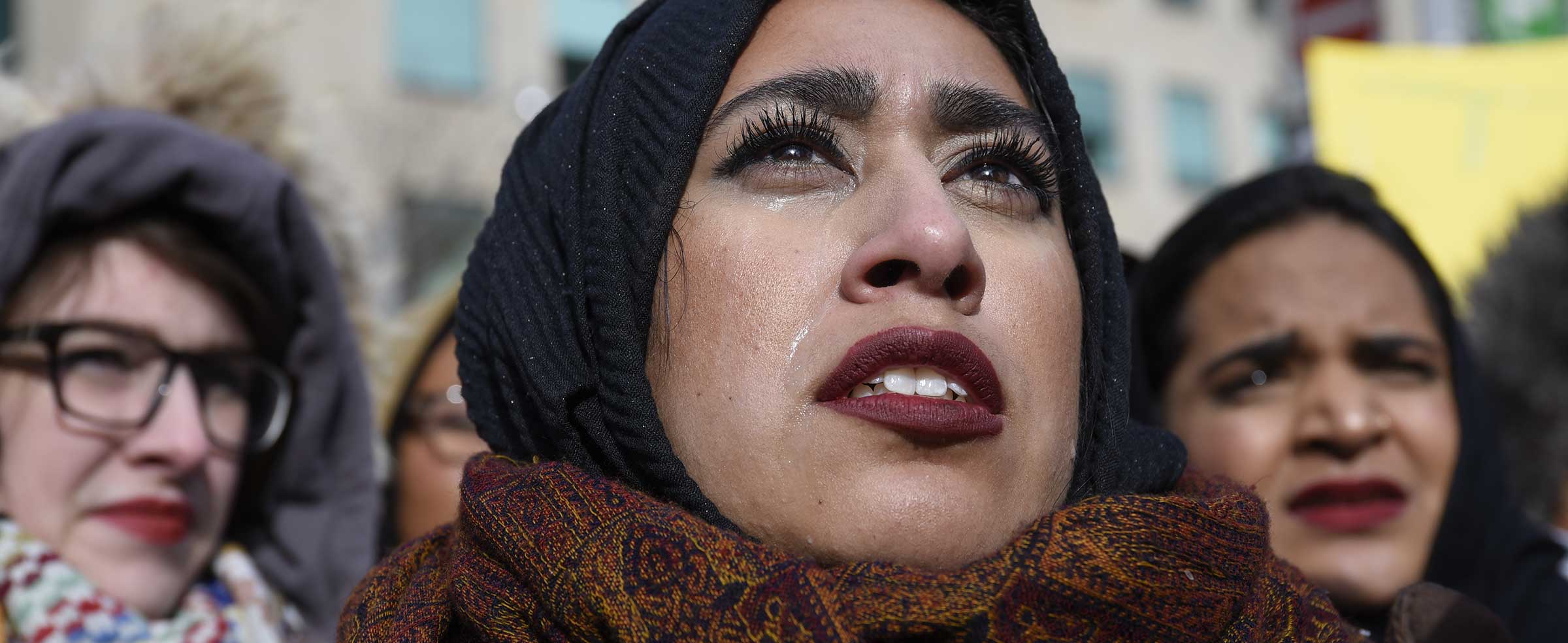Global Survey on Women as National Leaders

Throughout history, politics has been largely a man’s world. The 20th century witnessed significant changes, through women’s suffrage and the emergence of women as leaders of parties and nations, albeit at a slow pace and unevenly across the globe. Today,only a handful of countries have had women as political leaders. Just a couple of months ago, a woman candidate fell just short of becoming the USA’s first female President.
The absence of women as national leaders is an undisputed reality, but what lies behind this? How much of it can be attributed to political systems and institutional barriers, and how much is due to culture and public opinion?
The Environics Institute for Survey Research examined the latter dimension through a public opinion survey conducted in 60 countries at the end of 2016. The survey was conducted in partnership with Environics Communications and Environics Analytics (two leading marketing and communications companies that are part of the commercial Environics Groups of Companies).
The survey posed the following question to a representative sample of roughly 1,000 citizens in each country:
Do you totally agree, agree, disagree or totally disagree with the following statement:
“Women are just as qualified as men to lead our country.”
The survey was conducted online in each of the 60 countries, using RIWI Corp.'s proprietary RDIT platform that makes it possible to conduct surveys with general populations through laptops and smartphones, without reliance on recruited online panels (further details can be found at https://riwi.com/how-rdit-works/). A total of 62,918 surveys were completed (approximately 1,000 in each country) between November 4 and December 10, 2016. The margin of sampling error for each country will be plus or minus 3.0 percentage points, in 19 out of 20 samples.
Executive Summary
Despite the rarity of female national leaders globally (most countries have never allowed it), this survey reveals a surprising level of public support for the idea that women are just as qualified as men to lead ones country. A clear majority in almost all of the 60 countries surveyed agree with this idea, and in many at least half “totally” agree. By comparison, in only a handful of countries do more than one in six totally disagree with the premise.
Opinions vary by region and country, largely as a function of culture. Agreement that women are as qualified as men is most pronounced in countries with traditional patriarchal societies in Latin America, Southern Europe and some parts of East Asia; even more so than in most of the progressive western countries of Western Europe and North America (where feminist values are strongest). Disagreement with the statement stands out most in a handful of Muslim countries, notably Saudi Arabia and Algeria. Gender plays only a modest role (and not in all countries), while age and education seem to make little difference in attitudes about women leaders.
These findings do not mean we should expect to see a spate of emerging women national leaders across the globe anytime soon. But they do suggest that citizens in most of the world do not believe that women in their country lack the qualifications to lead them.
Keywords: gender equality, democracy/governance, global issues
Like what you're reading? With our bi-monthly e-newsletter, you can receive even more with the latest details on current projects, news, and events at the institute.
Subscribe